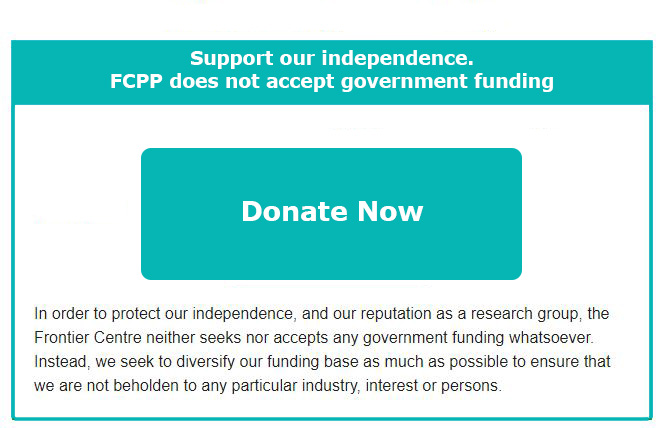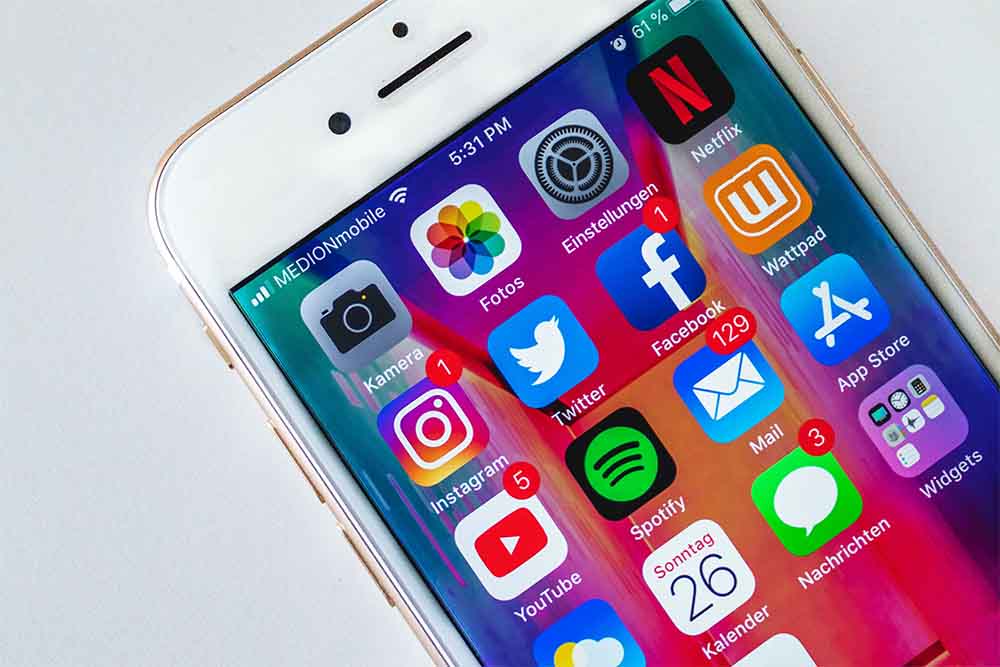Facebook, Google and Twitter have enjoyed market dominance for more than a decade. That hasn’t changed, but their increasing tendency towards censorship has lost some users. Although censorship is not a welcome development, it has given social media a welcome chance to reinvent itself out of near-monopolistic dominance.
Somewhat ironically, the first loser in the info wars was Alex Jones. Accounts for his InfoWars program were de-platformed from Apple, Facebook, Spotify and YouTube within a 12-hour period on August 6, 2018, and Pinterest, LinkedIn, MailChimp and Twitter later followed. Reportedly, hate speech and not conspiracy theory was the reason the Trump supporter was yanked two months prior to the U.S. midterm elections. By August 7, the InfoWars app surged and Facebook stock tumbled, lowering Mark Zuckerberg’s net worth by $19 billion.
University of Toronto psychology professor Jordan Peterson called the ban “a catastrophe” for Big Tech in an online appearance on Louder With Crowder.
“They’re going to be in the business of arbitrarily determining what should and shouldn’t be presented for public viewing and they’ll never run out of decisions to make….I didn’t say they couldn’t do it. I said it’s a bad idea,” Peterson said.
“And it’s a warning sign with regards to these media conglomerates that are attempting to produce large-scale public discourse because now they’ve taken the role of censor onto themselves. So all the people who are watching [Jones] who are conspiracy-minded and somewhat paranoid are going to think, well, Jones must be onto something because otherwise these big conglomerates wouldn’t have clamped down on him…
“Once you start with censorship, how are you going to put proper boundaries around it and decide who’s acceptable?”
Predictably, the censorship net spread wider.
When Jones was de-platformed, Natural Health News saw its Facebook traffic fall so precipitously that experts at Harvard University suspected Facebook was using its algorithms to suppress the site. By June 10, 2019, Facebook formally de-platformed Mike Adams’s Natural Health News (NHN), which had almost three million followers. The reported reason was that Adams’s page violated Facebook’s spam policy by using misleading or inaccurate information to collect likes, followers or shares. NHN had already been banned by Twitter, YouTube, Pinterest, Google News and Apple.
Adams responded by setting up his own platform called Brighteon.com, to which other users also post videos. Alexa ranks it 9,977 highest in global internet engagement, trailing Infowars which takes 2,212th worldwide. By comparison, CBC.ca ranks 1,315, NationalPost.com 14,679, CTV.ca 27,616 and GlobalTV.com 63,265.
In the presidential election year of 2020, social media giants moved aggressively again, this time aiming at channels with occasional to frequent content about QAnon. Q was a series of posts purportedly from a small team in the Trump administration with top-secret clearance.
Q was derided in the mainstream press, including the BBC, which wrote: “QAnon is a wide-ranging unfounded conspiracy theory that President Trump is battling a clandestine ‘deep state’ network of political, business, media and entertainment elites, often involving satanic plots and child trafficking.”
Twitter banned QAnon tweets on July 22 that year, purging 7,000 accounts and making other moves that affected another 140,000. Facebook followed October 6, restricting 1,950 groups and over 10,000 Instagram accounts. Finally, YouTube followed on October 15. Canadians Polly St. George and Mishel McCumber were among 15 plaintiffs with a combined subscribership of 4.5 million who sued Google over the purge.
Viewers got a second chance as the channels continued on other platforms that valued free speech. Prominent among these are the video hosting sites Rumble.com (ranked 922), and Bitchute.com, which Alexa ranks at 1,254. Meanwhile, those disgruntled with Facebook took to MeWe.com (ranked 1,530) and Gab.com (ranked 1,573). Surprisingly, MySpace.com continues, ranked at 1,619.
After the 2020 election, the social media giants reached even further. When Donald Trump told people to “Go home in peace” after the January 6 invasion at the Capitol, Facebook refused to carry the video. On January 8, Trump was also permanently banned from Twitter even though he was still the sitting president. The company later said they won’t allow him to tweet even if he runs again.
Parler.com was ready to fill the void until Big Tech pulled a fast one. Amazon kicked Parler off of its servers on January 10 and Parler could not find a way back online until February 15. Alexa ranks it at 1,620. Trump intends to start his own social media site in the coming months, but his supporter, Mike Lindell, of My Pillow fame, will beat him to the punch.
Alexa ranks YouTube second behind Google, with Facebook seventh and Twitter at 41. Those numbers are enviably high but the cracks have begun to show. Last December, the Federal Trade Commission and 46 states sued Facebook for illegal monopolization. Google is also facing three separate government-launched anti-trust lawsuits in the U.S. A new era with new social media players has dawned.
Lee Harding is a research associate for the Frontier Centre for Public Policy.
Photo by Sara Kurfeß on Unsplash.



